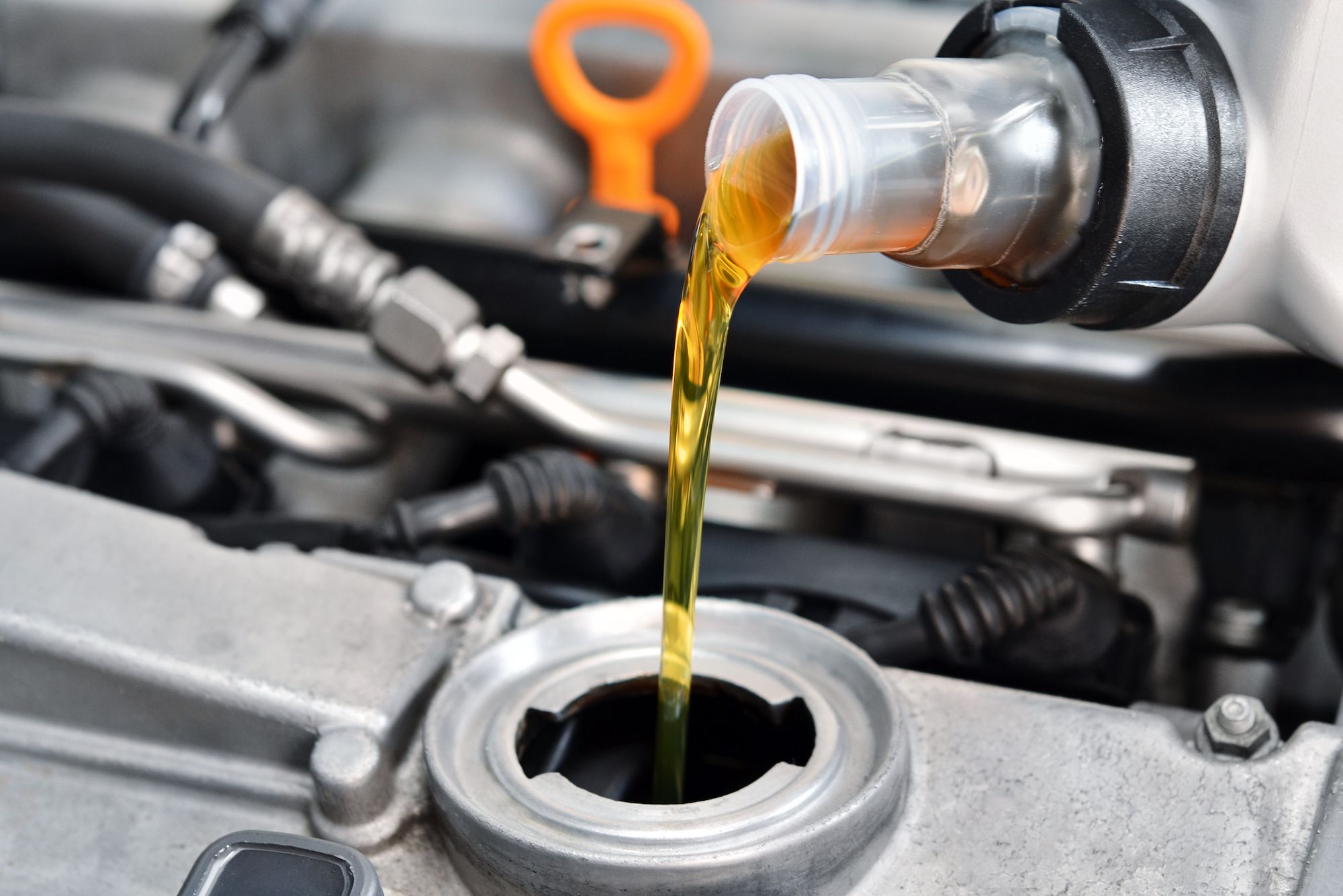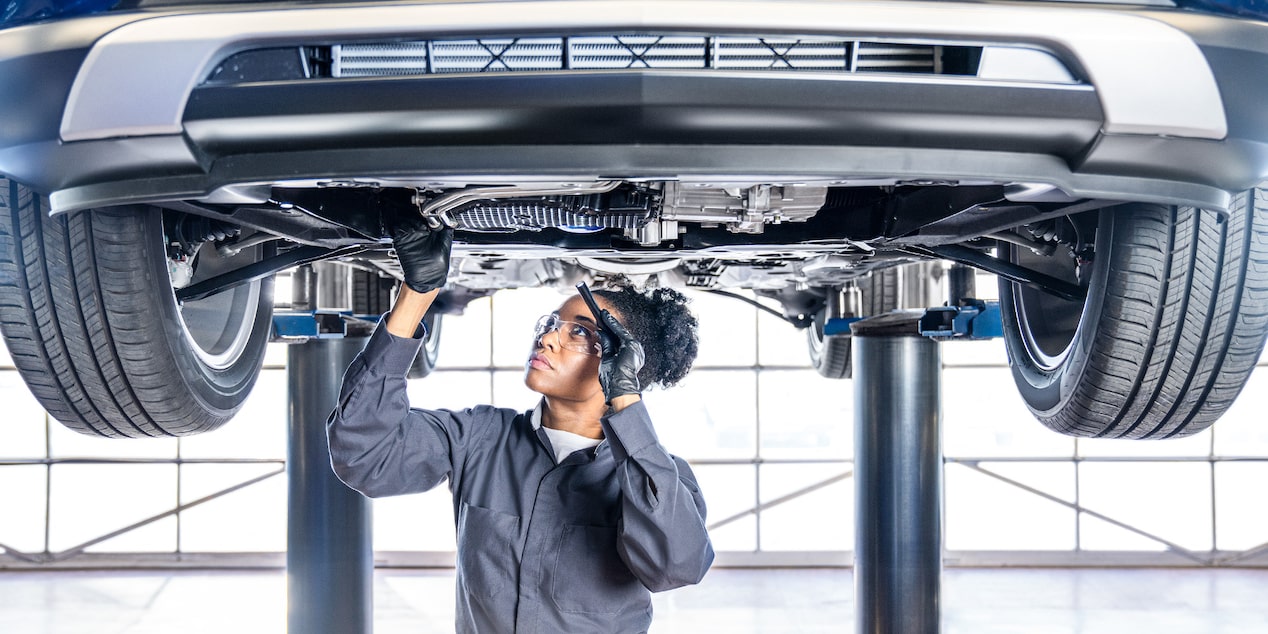All Categories
Featured
When your car overheats, it can feel like a significant emergency situation, however staying tranquil and following the right steps can stop significant engine damages and aid get you back when driving safely. In this post, we'll discover what to do if your automobile overheats and use preventative ideas to reduce the threat of overheating in the future.
If Your Automobile Gets too hot,What to Do. If your auto begins to overheat is to draw over to a risk-free place as quickly as possible, pull Over to a Safe Location The initial and most crucial step. Activate your risk lights and lead your lorry to the shoulder or right into a parking area. Keeping your vehicle running while it's overheated can trigger serious damage to the engine, so it's essential to close the engine off today.
Allow the Engine Cool Once you have actually safely stopped, enable the engine to cool down. You must never ever attempt to open up the radiator cap while the engine is still hot, as the launch of heavy steam or hot coolant can cause burns. Wait a minimum of 15-20 mins to permit the engine temperature level to drop to a much safer degree before continuing.
![]()
Examine the Coolant Level After the engine has cooled down, inspect the coolant degrees by examining the storage tank or radiator. If it's reduced, leading it off with a mixture of coolant and water (as defined by your lorry's supplier) Always use caution when opening up the coolant storage tank, as pressure may have constructed up.
Seek Visible Leakages While you wait on the engine to cool, aesthetically inspect the radiator, tubes, and coolant storage tank for any type of noticeable leakages or fractures. A leaking radiator or tube is a typical root cause of getting too hot. If you find a considerable leak, it's far better to call a tow solution than danger driving even more and triggering additional damages.
Reboot the Engine After permitting the engine to cool and making certain the coolant is rounded off, start the engine and check the temperature level gauge. If the temperature level proceeds to increase quickly, it's finest to shut the engine off and ask for roadside help or a tow to the closest auto mechanic.
![]()
Just How to stop Overheating in the Future. Frequently Inspect Coolant Levels Among the most convenient means to avoid overheating is by maintaining the right degree of coolant. In time, coolant can vaporize, so regularly check the coolant degrees in the reservoir. Reduced coolant levels can create the engine to overheat quickly, so top it off as required.
Examine the Radiator The radiator plays a critical duty in keeping the engine cool. Occasionally check the radiator for any kind of blockages, dust, or debris that could block air movement. If you observe any type of signs of damages, such as corrosion or leakages, have it fixed or changed asap.
The thermostat manages the circulation of coolant, while the water pump circulates it via the engine. If either part is damaged, it can prevent proper cooling.
Flush the Cooling System Gradually, coolant can break down and become inefficient, creating a buildup of particles in the system. Flushing the air conditioning system every 30,000 miles, or as advised in your car's handbook, assists to remove any sludge or buildup and makes certain the cooling system is working effectively.
Monitor the Problem of the Hose pipes The hose pipes in your automobile's air conditioning system can break or crack in time. Evaluate the tubes for any kind of indicators of wear, such as protruding, fractures, or leakages, and change them if required. Avoiding coolant leakages can go a lengthy way in staying clear of overheating.
![]()
Drive Responsibly Aggressive driving, such as accelerating swiftly or driving at high speeds, puts added strain on your engine and its cooling system. Attempt to drive at moderate rates, particularly on warm days or when driving on steep slopes, to decrease the possibilities of getting too hot.
Stay Clear Of Straining Your Car Lugging too much weight in your vehicle puts tension on the engine and air conditioning system. Constantly bear in mind your automobile's weight limit, especially if you're carrying hefty tons, towing a trailer, or driving long ranges in heat.
Final thought. A getting too hot vehicle can be a frightening experience, however understanding how to respond and avoid it can save you time, cash, and prospective engine damages. Constantly inspect your coolant levels, examine crucial parts like the radiator, thermostat, and pipes, and adhere to a regular upkeep timetable. By staying on top of your lorry's cooling system, you can lower the risk of getting too hot and enjoy a smoother, safer driving experience.
If Your Automobile Gets too hot,What to Do. If your auto begins to overheat is to draw over to a risk-free place as quickly as possible, pull Over to a Safe Location The initial and most crucial step. Activate your risk lights and lead your lorry to the shoulder or right into a parking area. Keeping your vehicle running while it's overheated can trigger serious damage to the engine, so it's essential to close the engine off today.
Allow the Engine Cool Once you have actually safely stopped, enable the engine to cool down. You must never ever attempt to open up the radiator cap while the engine is still hot, as the launch of heavy steam or hot coolant can cause burns. Wait a minimum of 15-20 mins to permit the engine temperature level to drop to a much safer degree before continuing.
Examine the Coolant Level After the engine has cooled down, inspect the coolant degrees by examining the storage tank or radiator. If it's reduced, leading it off with a mixture of coolant and water (as defined by your lorry's supplier) Always use caution when opening up the coolant storage tank, as pressure may have constructed up.
Seek Visible Leakages While you wait on the engine to cool, aesthetically inspect the radiator, tubes, and coolant storage tank for any type of noticeable leakages or fractures. A leaking radiator or tube is a typical root cause of getting too hot. If you find a considerable leak, it's far better to call a tow solution than danger driving even more and triggering additional damages.
Reboot the Engine After permitting the engine to cool and making certain the coolant is rounded off, start the engine and check the temperature level gauge. If the temperature level proceeds to increase quickly, it's finest to shut the engine off and ask for roadside help or a tow to the closest auto mechanic.

Just How to stop Overheating in the Future. Frequently Inspect Coolant Levels Among the most convenient means to avoid overheating is by maintaining the right degree of coolant. In time, coolant can vaporize, so regularly check the coolant degrees in the reservoir. Reduced coolant levels can create the engine to overheat quickly, so top it off as required.
Examine the Radiator The radiator plays a critical duty in keeping the engine cool. Occasionally check the radiator for any kind of blockages, dust, or debris that could block air movement. If you observe any type of signs of damages, such as corrosion or leakages, have it fixed or changed asap.
The thermostat manages the circulation of coolant, while the water pump circulates it via the engine. If either part is damaged, it can prevent proper cooling.
Flush the Cooling System Gradually, coolant can break down and become inefficient, creating a buildup of particles in the system. Flushing the air conditioning system every 30,000 miles, or as advised in your car's handbook, assists to remove any sludge or buildup and makes certain the cooling system is working effectively.
Monitor the Problem of the Hose pipes The hose pipes in your automobile's air conditioning system can break or crack in time. Evaluate the tubes for any kind of indicators of wear, such as protruding, fractures, or leakages, and change them if required. Avoiding coolant leakages can go a lengthy way in staying clear of overheating.

Drive Responsibly Aggressive driving, such as accelerating swiftly or driving at high speeds, puts added strain on your engine and its cooling system. Attempt to drive at moderate rates, particularly on warm days or when driving on steep slopes, to decrease the possibilities of getting too hot.
Stay Clear Of Straining Your Car Lugging too much weight in your vehicle puts tension on the engine and air conditioning system. Constantly bear in mind your automobile's weight limit, especially if you're carrying hefty tons, towing a trailer, or driving long ranges in heat.
Final thought. A getting too hot vehicle can be a frightening experience, however understanding how to respond and avoid it can save you time, cash, and prospective engine damages. Constantly inspect your coolant levels, examine crucial parts like the radiator, thermostat, and pipes, and adhere to a regular upkeep timetable. By staying on top of your lorry's cooling system, you can lower the risk of getting too hot and enjoy a smoother, safer driving experience.
Latest Posts
Don’t Miss Exclusive Auto Repair Offers in Chicago at Montclare Auto Repair
Published en
1 min read
Check Out the Best Auto Repair Offers in Montclare, Chicago
Published en
1 min read
Learn About Premier Auto Repair Care at Montclare Auto Repair – Expert Care for Your Vehicle
Published en
1 min read
More
Latest Posts
Don’t Miss Exclusive Auto Repair Offers in Chicago at Montclare Auto Repair
Published May 25, 25
1 min read
Check Out the Best Auto Repair Offers in Montclare, Chicago
Published May 24, 25
1 min read
Learn About Premier Auto Repair Care at Montclare Auto Repair – Expert Care for Your Vehicle
Published May 24, 25
1 min read